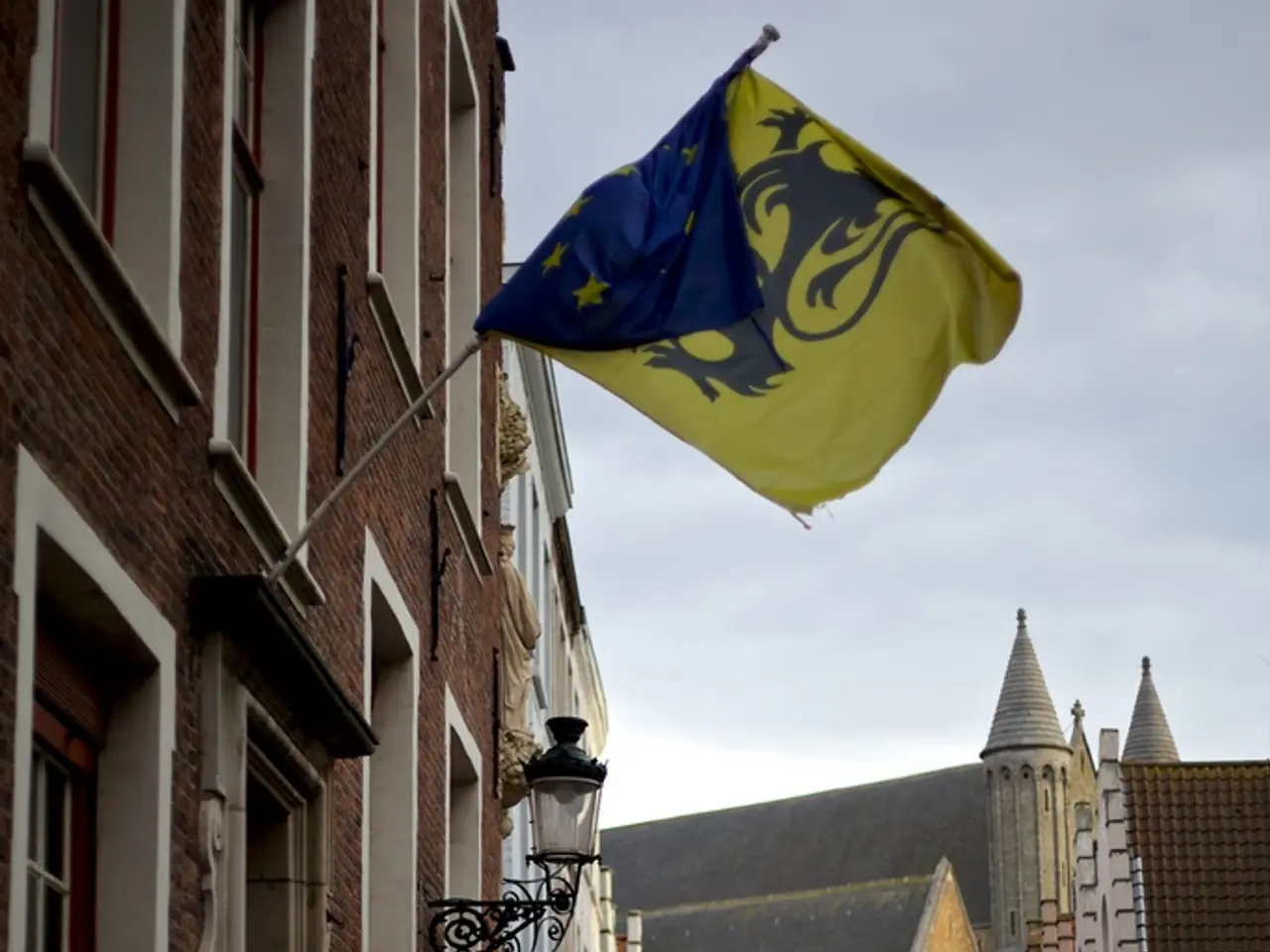Far-right party, AfD, announces its departure from Chemnitz.
In the heart of Germany, the city of Chemnitz is experiencing a significant political shift as a power struggle within the local branch of the Alternative for Germany (AfD) has led to the collapse of the council fraction and the formation of a second fraction. This internal party conflict, while generally legal as an internal party matter, is causing potential disruptions in city council committees and cultural institutions like the Chemnitz Theatre.
The legal basis of the power struggle remains unclear, with no direct information available about potential legal violations connected to the conflict. However, under German municipal and party law, internal party conflicts, such as the one in Chemnitz, are typically managed within the party’s rules or via legal party dispute resolution mechanisms, not by the city council itself.
The impact of this political conflict on the functioning of city council committees is becoming increasingly evident. Meetings for committees of schools, social affairs, culture, finance, senior citizens' advisory board, and allotment garden advisory board have been cancelled, causing a delay in decision-making processes. The SPD politician Detlef Müller expressed his frustration, stating, "We are turning in circles."
The Chemnitz City Council has extended its summer break indefinitely, a move that is now under review by the city administration at the request of the Left Party. The Left Party believes a comprehensive legal review is essential to ensure the extension is legal.
The dispute, which became public in April, has pitted party leader Nico Köhler against the head of the council fraction, Volker Dringenitz. The split has resulted in the loss of 12 city councillors, who have founded the new "AfD Chemnitz Council Fraction." Initially, the AfD fraction had three seats in the committees, but the current composition is still being decided, with the potential for the new fraction to send three members to committees.
The potential increase in the AfD’s influence in city politics due to the split has been highlighted by Sabine Brünler, Fraktion spokeswoman for the Left Party. She noted that the AfD’s influence in the committees would grow if the split continues.
As Chemnitz is the European Capital of Culture 2025, the stability and support of governance for cultural institutions like the Chemnitz Theatre are crucial. Political conflicts within the city council, especially involving a party dominant or influential in the council, could indirectly affect funding decisions, management, or cultural programming. However, any such impacts would be political or administrative rather than legal issues unless formal procedural rules or laws are violated.
In summary, the power struggle within the Chemnitz AfD is likely legal as an internal party matter. Its impact may hinder the functioning of city council committees and influence cultural institutions like the Chemnitz Theatre due to political instability. Legal consequences would depend on violations of laws or council rules, about which no information is currently available. For a definitive legal assessment, official city council statements, court rulings, or investigative reports would be required.






